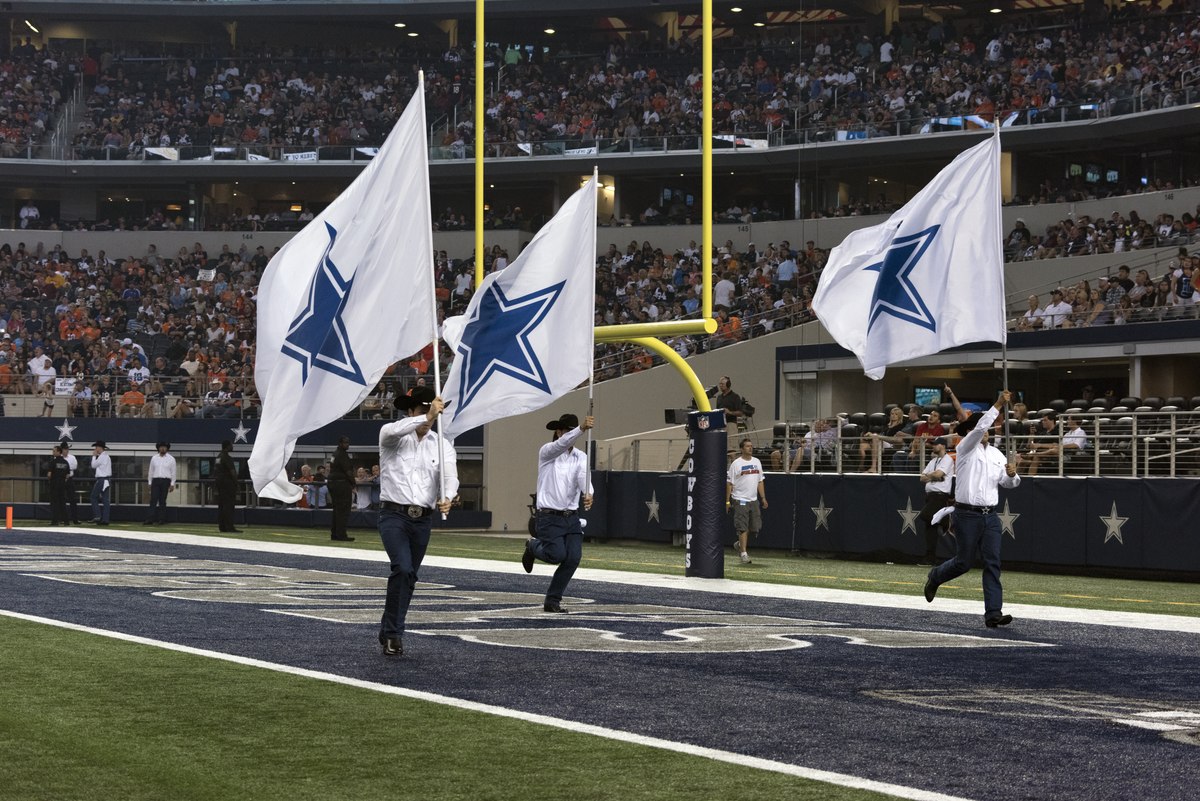Requiem for the Bills
Immediately after a titanic game is not the time to form permanent opinions on what you’ve just seen. I was at the Kansas City-Buffalo game last weekend and covered it from the winner’s angle. During the week, I had time to re-watch the game and consider it from Buffalo’s perspective, and I was left with one overriding question:
Why did the Bills—in the middle of their final, inexorable drive of the game—drastically change their offensive approach at the most critical moment of the season?
To refresh: Buffalo, down 27-24, got the ball back at their 20-, with 8:23 left in the game. The Bills, after a huge miss on a
Josh Allen-to-
Stefon Diggs bomb (Diggs missed a very catchable ball) on first down, settled into a patient, clock-eating drive, seemingly trying to either tie it or win it and leave KC with very little time left. On seven of the 15 plays on the drive with the clock moving, Allen snapped the ball with an average of 5.1 seconds remaining on the play clock. Efficient, methodical.
So, Buffalo advanced to the Kansas City 26-, at the two-minute warning. Second-and-9. Two timeouts left per team. And here’s where the line of demarcation came. The Bills had to know they were either:
- One first down away from moving closer for a Tyler Bass field-goal try inside the 35-yard line that could have tied the game and sent it to overtime;
- Or one first down away from scoring a touchdown with very little time left, and leaving KC needing a touchdown, likely on a long field, to win. It was vital, with how great Patrick Mahomes is down the stretch and in the clutch, to give him next-to-no time to do that.
The Bills had to know on any play that ended with the clock running, Kansas City would burn its second timeout, and then its third. So, the strategy for Buffalo was: under all circumstances, get a first down and keep the clock running. Allen—second-and-9, KC 26-, 2:00 left—surveyed the defense as he prepared to take the snap.
Second down: With a wide-open receiver running a crossing route at the KC 22- and an open receiver running an out-route at the 16-, Allen chose to try to hit
Khalil Shakir in the back of the trafficky end zone. Overthrown.
Third down: Allen got chased out of the pocket to the right, and probably missed seeing two intermediate receivers shy of the first down to the left. He threw the ball away, deep.
Fourth down: Bass pushed a 44-yard field-goal attempt wide right. The Chiefs, never having to use one of their timeouts in the fourth quarter, won 27-24.
Allen, on this drive, had flipped and thrown and side-armed completions of 7, 4, 8, 10, 6 and 7 yards. And needing a first down here, he went gunslinger. I just don’t know why.
Kurt Warner, one who would know, tried to explain it a few days after the game.
“Sometimes,” Warner said, “you talk yourself into a play and say, ‘I’m gonna make this play, and this is the throw that’ll send us to the championship game,’ instead of saying, ‘I’m gonna let the defense dictate where I throw the ball.’ As a quarterback, you have to have the ability to balance those things.”
I thought Warner put it best on Allen in this game, and Allen as a player. He said, “It’s impossible to play perfect games, and Josh played an incredible game—until the end. In the end, he took some chances that wouldn’t have been what I would have done. But he chose to make those throws, and if you choose those throws, you’ve got to make ‘em. That’s part of being great. Brady, Montana, Mahomes—they have careers of making the plays in the absolute crucial times of the game. Now they’re on the Mount Rushmore of NFL quarterbacks.”
Allen is just six years into his career. He’s got much of his NFL life in front of him. He’s a smart guy. He’s one of the most talented quarterbacks ever to play in the NFL. He’s going to have plenty of chances to go deep into the playoffs, and to win a Super Bowl. But this is a crucial lesson he must learn, or he may never hold the Lombardi Trophy.





